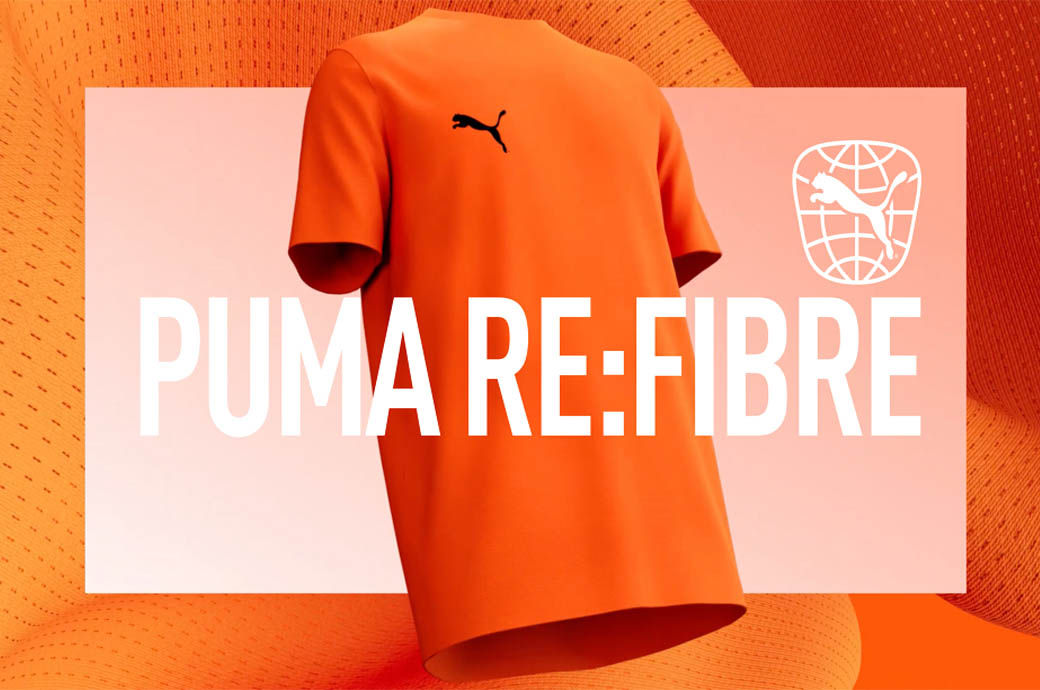
Since the launch of the pilot in 2022, which saw Puma produce recycled training jerseys for their sponsored football clubs, RE:FIBRE technology has been used to create Switzerland and Morocco replica kits for the Women’s World Cup as well as Girona’s 2023-24 season Third kit. In 2024, official Puma football replica jerseys including those for the Euro and Copa América tournaments will be manufactured using RE:FIBRE recycled materials that were made of old garments and factory waste rather than only recycled plastic bottles, the company said in a press release.
Through the RE:FIBRE programme, Puma is keen to address the challenge of textile waste via a long-term solution for recycling. The technology also looks to diversify the fashion industry’s main source of recycled polyester in garments from being less reliant on clear plastic bottles.
The RE:FIBRE process uses any polyester material – from factory offcuts, faulty goods to pre-loved clothes which allows new garments to be recycled from any colour textile to any colour desired.
The four-step process of RE:FIBRE sees: collect and sort; shred and mix; melt, dissolve, filter and polymerise and spin, knit and sew.
Managing waste has today become a necessity, which is why Puma is ramping up its investment into resource-efficient manufacturing processes in a move to reduce textile waste.
“Our wish is to have 100 per cent of product polyester coming from textile waste,” said Anne-Laure Descours, chief sourcing officer at Puma. “Textile waste build-up in landfills is an environmental risk. Rethinking the way we produce and moving towards a more circular business model is one of the main priorities of our sustainability strategy.”
To help make the technical process of RE:FIBRE more digestible for the everyday consumer who wants to know more, Puma has harnessed the storytelling power of computer generated imagery to take viewers through the RE:FIBRE process, right down to the molecular chemistry at work.
Fibre2Fashion News Desk (RR)